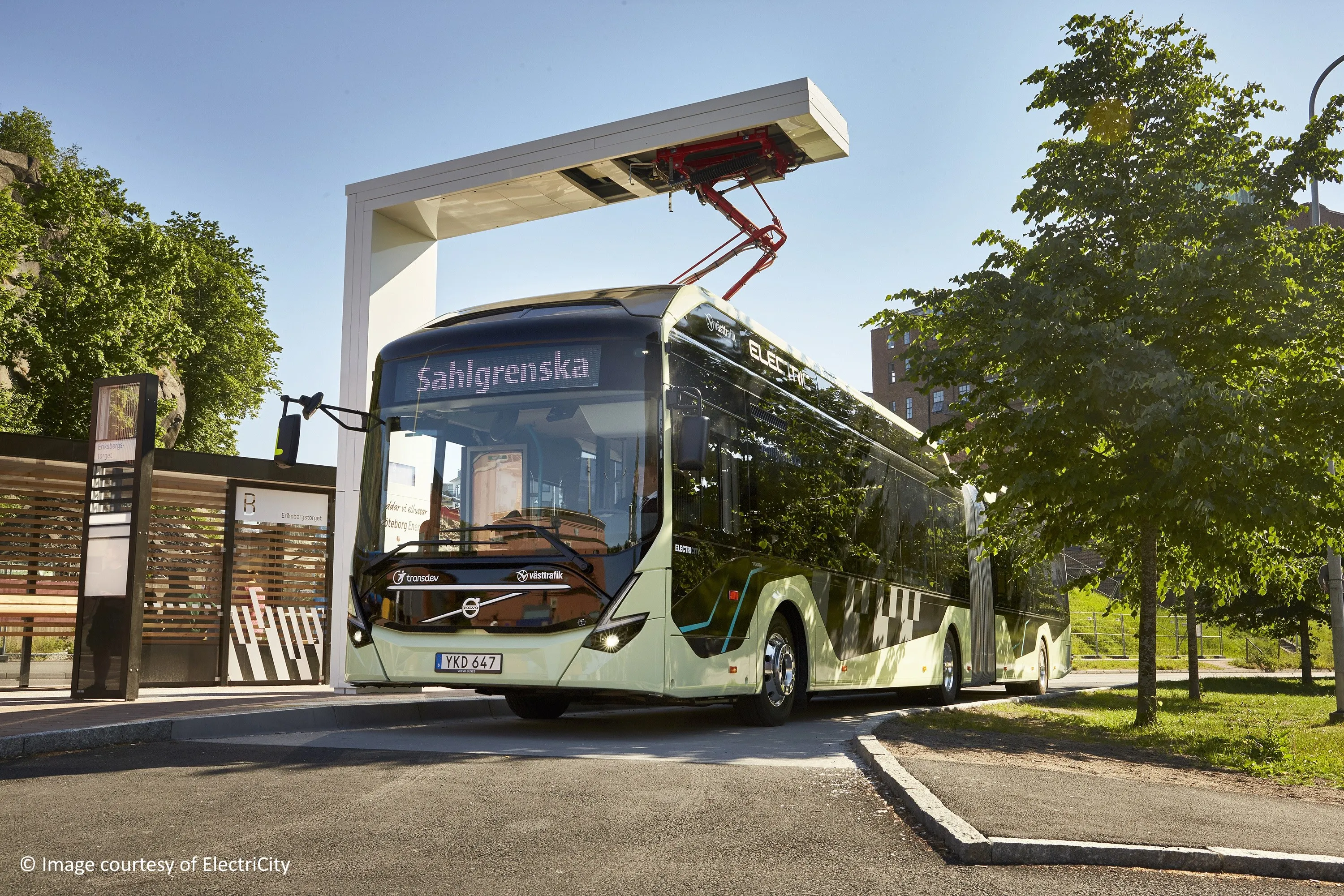Volvo Buses and ABB are supplying 157 electric buses and supporting charging infrastructure to the Swedish city of Gothenburg and surrounding communities of Mölndal and Partille.
By Ben Spencer
February 18, 2020
Read time: 1 min

Håkan Agnevall, president at Volvo Buses, says: "The solution shows that electric buses are not only something for the future, but already today provide cities with public transport that is sustainable and financially viable.”
ABB says its 450kW high power Panto Down chargers will recharge the buses in three to six minutes at charging stations along the routes. The company will also provide grid connection hardware via cable distribution cabinets.
The chargers deliver web-enabled connectivity that allows network operators to perform remote monitoring and configuration of charge points while also minimising downtime, the company adds.
The partners intend to deploy 220 e-buses in Gothenburg by December 2020.






